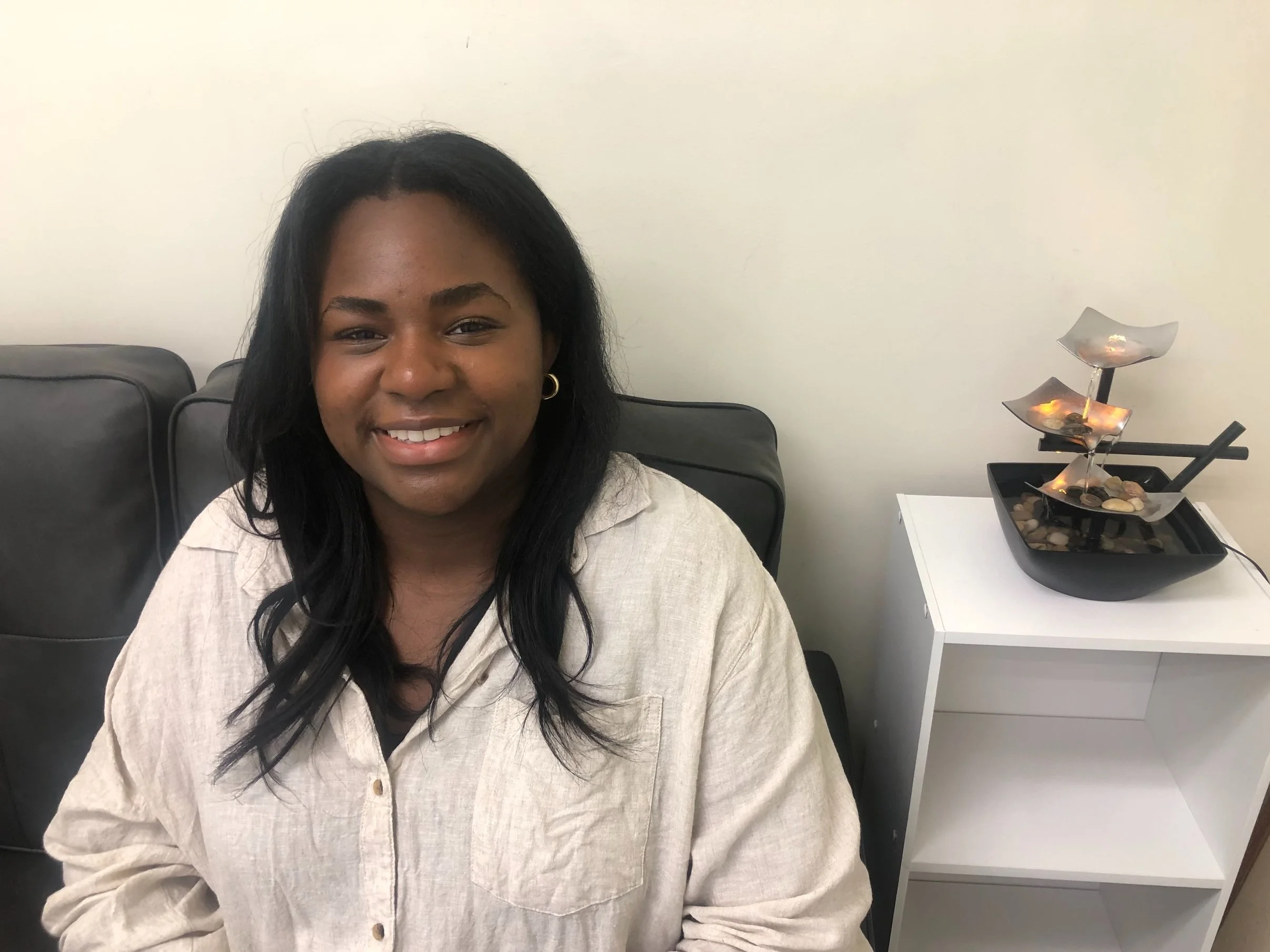Breaking Stigmas, Building Strength: How REST Centres is Supporting BIPOC Youth Through Mental Health and Community Care
At REST Centres, we believe that every young person needs more than just a roof over their head. They need a safe space to heal, grow, and thrive. For BIPOC youth facing or at risk of homelessness, these needs are urgent—and often unmet. That’s where REST’s HERO Program steps in: offering critical mental health support that is as culturally responsive as it is compassionate.
Meet Yasmin Thomas, REST’s dedicated mental health counselor and one of the leaders behind the HERO Program. “We all have mental health,” she says. “That doesn’t necessarily mean you're unwell. Mental health is about where you are on the spectrum—it could mean you're doing great, or maybe you're struggling and need support. Either way, it’s worth caring for.”
What is the HERO Program?
The HERO (Healing, Empowerment, Resilience, Opportunity) Program is tailored for BIPOC youth who often face barriers to mental health care due to stigma, cultural misunderstanding, or lack of access. Through HERO, youth can choose support in several flexible formats:
Group Sessions that meet weekly or bi-weekly for six weeks, each focusing on a specific theme like stress management, emotional regulation, mindfulness, or self-care. These sessions foster learning and community connection.
Individual Counseling, offering one-on-one time with Yasmin for deeper, personalized support in a safe, affirming environment.
Walk-ins and Drop-ins, including wellness activity days in Mississauga that make support accessible and low-barrier, especially for those not ready or able to commit to regular sessions.
The HERO Program is more than mental health care—it’s community care. It gives youth the tools to navigate their experiences, speak openly about their emotions, and build resilience with people who truly understand their challenges.
Why Mental Health Support Matters—Especially in the BIPOC Community
Stigma around mental health remains a major barrier, particularly in the Black and broader BIPOC communities. Yasmin explains: “There’s a belief that unless you're dealing with something extreme, you don’t need help. But that’s just not true. We don’t wait until we’re seriously sick to take care of our physical health—why should mental health be any different?”
REST Centres challenges this stigma by creating spaces where mental wellness is normalized, encouraged, and actively supported— before crisis hits.
Simple Ways Youth and Families Can Support Mental Wellness
Mental health doesn’t always require formal therapy. Small, accessible actions—like spending time outside, getting sunlight, or walking with a friend—can go a long way. “These moments of movement and connection can improve your mood and your sense of well-being,” Yasmin shares.
For caregivers supporting youth, the message is equally important: you don’t need to have all the answers. Sometimes, the most powerful thing you can do is listen, be present, and show your youth that they are not alone.
We Need You—Take Action Today
The reality is that BIPOC youth continue to be disproportionately impacted by homelessness, systemic discrimination, and unmet mental health needs. REST Centres is committed to disrupting this cycle—but we can’t do it without you.
Your donation helps us offer:
Culturally-competent mental health care
Safe housing placements
Skill-building workshops
Healing spaces that nurture resilience and community
Join us in building a future where BIPOC youth not only survive, but thrive.
👉 Donate today and become part of the movement to support youth out of homelessness—and into hope. Services — REST CENTRES

